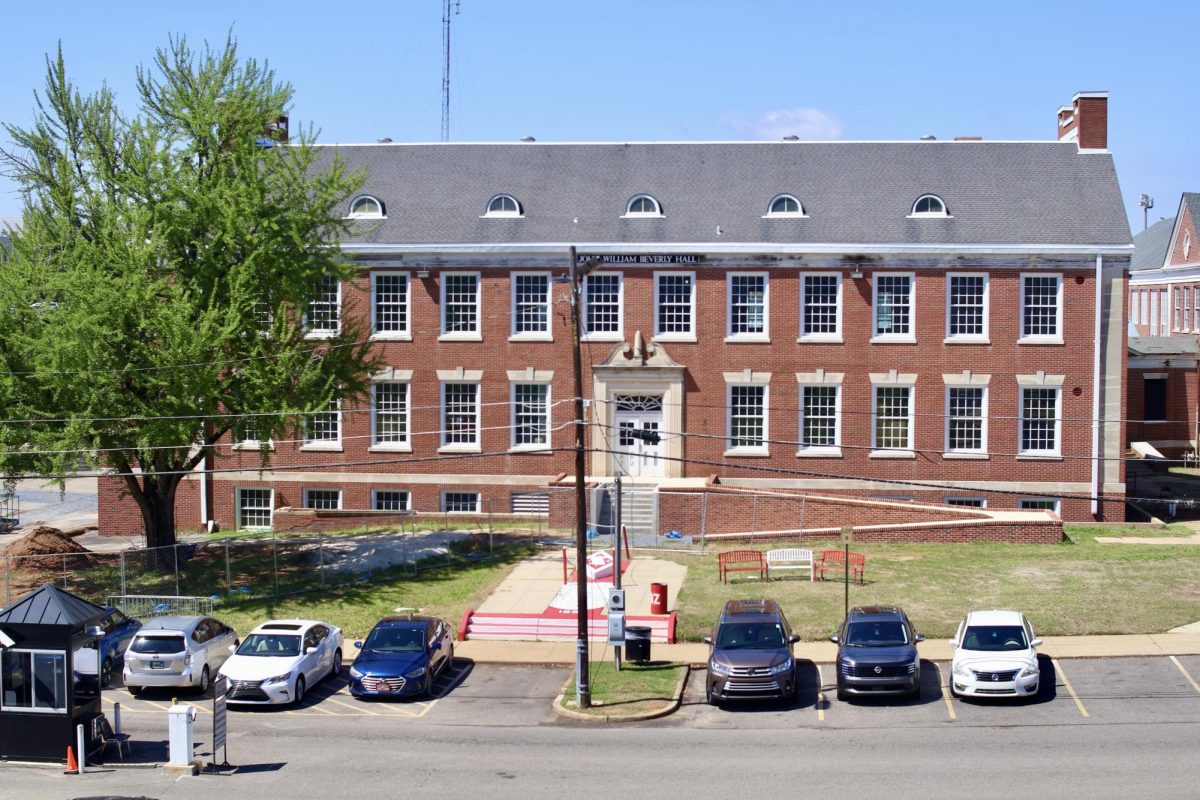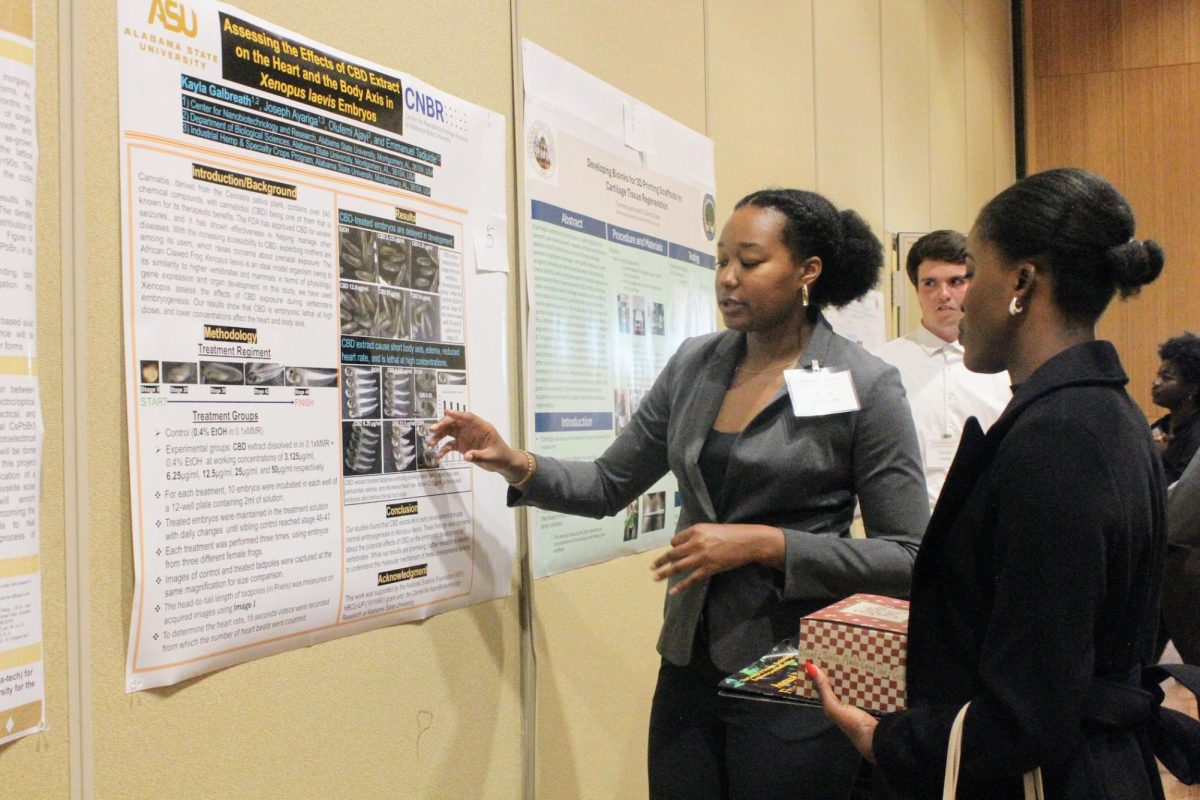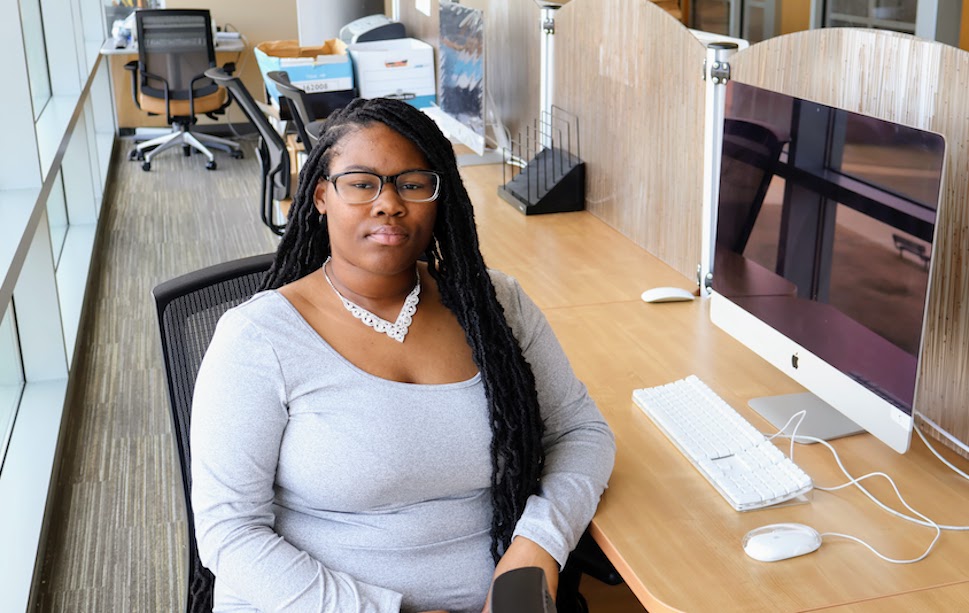The possibility of another Donald Trump presidency raises several questions and concerns for the American public.
The former president, who was impeached twice, has faced legal challenges, including one conviction and two pending cases, alongside a history of six bankruptcies. Despite these controversies, he has managed to reemerge as a leading political figure, now seeking a second term as the 47th president. But what does this mean for the future of the United States, especially for marginalized communities such as Black Americans, women and the educational system? How will Trump’s leadership impact the very fabric of American society?
One of the most pressing questions surrounding Trump’s candidacy is how the country could allow a convicted felon to become president. While it is clear that the U.S. Constitution does not specifically prohibit felons from holding the office of president, it raises a moral and legal dilemma. Felons are often stripped of their voting rights, yet one could argue that someone with a criminal record, especially one who has been convicted, should not be given the power to lead the nation. Is the U.S. implying that someone convicted of a crime is unfit to vote, yet still capable of holding immense political power? The glaring contradiction raises valid concerns about the integrity and fairness of the system and whether such a presidency would truly represent the will of the people.
For Black Americans, the idea of a second Trump presidency is nothing short of daunting. Trump’s first term was marked by policies and rhetoric that many believed exacerbated racial tensions across the country. From his handling of protests over police violence to his denouncement of the Black Lives Matter movement, Trump’s presidency showed a stark disregard for the struggles that Black Americans face. His administration rolled back many Obama-era policies aimed at addressing systemic racism, including cutting funding to programs that supported economic and social initiatives in Black communities.
For Black women in particular, the impact could be even more pronounced. Historically, Black women face the combined effects of racial and gendered oppression, and under a second Trump administration, their voices could be further silenced. Trump’s prior policies, such as the continued underfunding of programs for women’s health and reproductive rights, could disproportionately harm Black women, who are more likely to face healthcare inequities. Without the protection of stronger policies and reforms, Black women would be left vulnerable to systemic inequalities that remain largely unaddressed by the government.
Trump’s presidency was marked by controversial stances on women’s rights. From his remarks about women to his attempts to restrict access to abortion, his policies were viewed as an attack on gender equality. During his first term, Trump’s administration rolled back significant reproductive rights protections, and his judicial appointments, many of whom are conservative and anti-abortion, tilted the courts further to the right.
Perhaps one of the most profound impacts of a second Trump presidency would be felt within the education system. Trump’s approach to education during his first term focused on charter schools and school choice, often at the expense of public schools. The devaluation of public education could continue in a second term, with federal funding for public schools further slashed while charter schools and private education systems are promoted.
For minority communities, particularly Black students, a Trump presidency could worsen the already existing disparities in education. Underfunded schools in Black and low-income neighborhoods could continue to face the brunt of cuts, while wealthier, predominantly white schools may see more investment. Trump’s focus on dismantling public education programs and diverting funds could limit access to quality education for students who need it most, widening the opportunity gap.
The prospect of another Trump presidency is a deeply divisive issue for the American public. His previous tenure as president left many with lasting concerns about his approach to race, gender and education, and these issues would likely intensify in a second term. Whether it’s the legal contradictions surrounding his candidacy, the harmful impact on Black Americans and women, or the potential harm to public education, a Trump presidency would undoubtedly set the U.S. back in its efforts to build a more inclusive, equitable society.












